Prime Minister Narendra Modi has firmly rejected objections from Pakistan and China regarding the hosting of G20 meetings in Jammu and Kashmir. In an interview with PTI, the Prime Minister emphasized the inclusivity of holding meetings across the diverse regions of India. He highlighted the country’s vastness and diversity as reasons to conduct G20 meetings in various locations.
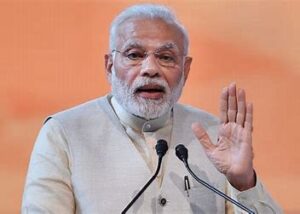
During the interview, PM Modi covered a range of topics, including India’s G20 presidency, the global debt crisis, the need for United Nations reforms, and his vision for India’s development. He also addressed issues like terrorism, cyber threats, and the Ukraine conflict, emphasizing the importance of dialogue and diplomacy.
G20 Meetings in Jammu and Kashmir: The objections raised by Pakistan and China about holding G20 meetings in Jammu and Kashmir were met with a strong response from Prime Minister Modi. He pointed out that it is natural to hold meetings in different parts of India, given the country’s vast size and diversity. PM Modi highlighted the government’s commitment to inclusive development and its efforts to ensure that every part of the country benefits from such international meetings.
India’s G20 Presidency: PM Modi spoke about India’s presidency at the G20 and its significant role in fighting the pandemic, adopting a human-centric development approach, and conducting a massive vaccination drive. He emphasized India’s clear and coordinated response to the pandemic, which received recognition and appreciation from the international community. India’s leadership at the G20 was seen as a roadmap for the future, reflecting the nation’s words and vision.
Global Debt Crisis: The Prime Minister acknowledged the global debt crisis as a matter of great concern, especially for developing countries. He highlighted the importance of financial discipline and how countries affected by the debt crisis have started to prioritize it. PM Modi also noted that other nations are cautious about making the same mistakes that led to debt-related challenges in some countries.
Reforms in the United Nations: PM Modi stressed the need for reforms in the United Nations, emphasizing that the 21st century requires a different approach from the mid-20th century. He highlighted the importance of institutions that can adapt to the changing times and cater to a multipolar world. PM Modi’s call for reforms aligns with India’s aspiration for a stronger global role.
India’s Development and Aspirations: The Prime Minister expressed confidence in India’s development and its potential to become a developed nation by 2047. He emphasized India’s shift from being perceived as a nation of hungry stomachs to a nation of aspirational minds and skilled hands. PM Modi highlighted the “Sabka Saath Sabka Vikas” (Collective Efforts, Inclusive Growth) model, which has shown the way for India and can serve as a guiding principle for global welfare.
Challenges of Terrorism and Cyber Threats: PM Modi discussed the challenges of terrorism and cyber threats, emphasizing how technology is being used to radicalize individuals and facilitate illegal activities. He mentioned the dark net, metaverse, and crypto platforms as emerging digital avenues that pose risks. The Prime Minister called for international cooperation to address these evolving threats.
Ukraine Conflict: On the Ukraine conflict, PM Modi advocated for dialogue and diplomacy as the primary means to resolve conflicts in different regions. He emphasized the importance of peaceful solutions and international cooperation to address geopolitical challenges.
Populism and Governance: The Prime Minister cautioned against populism, highlighting that while it may yield short-term political gains, it can have significant social and economic costs in the long term. He emphasized the need for stable governance, predictable policies, and clarity in the overall direction. PM Modi also stressed that corruption, casteism, and communalism have no place in India’s national life.
India’s Vision for the Future: In conclusion, Prime Minister Modi’s interview covered a wide range of topics, reaffirming India’s commitment to global cooperation and development. His vision for a prosperous, inclusive, and sustainable India reflects the nation’s aspirations on the global stage. PM Modi’s leadership aims to navigate India through global challenges while ensuring the welfare of its citizens and preserving its cultural and natural heritage.



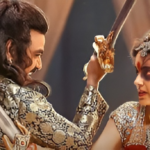
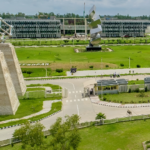
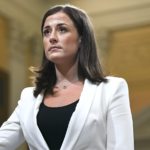










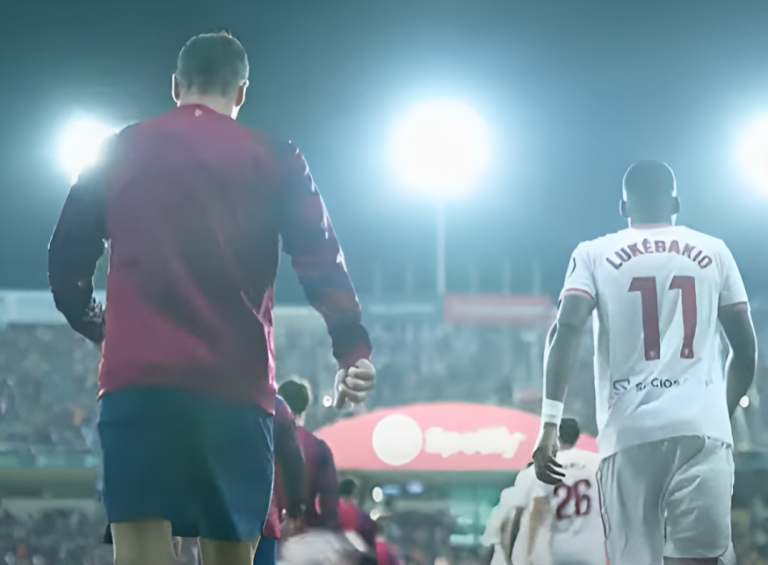
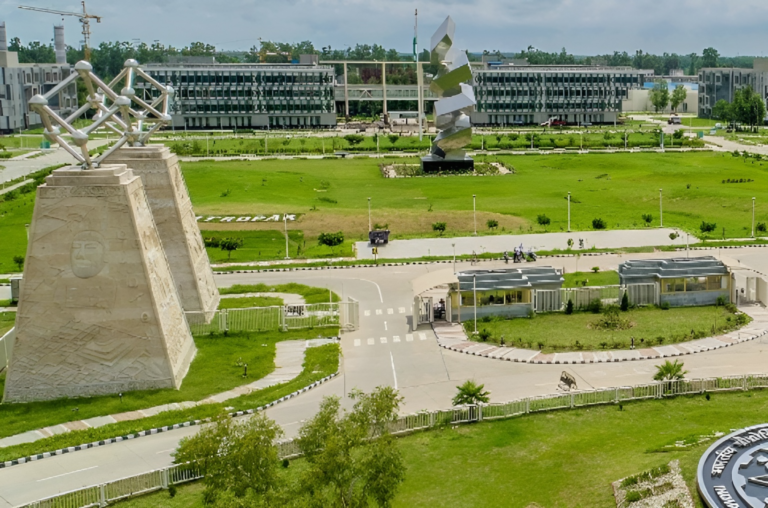

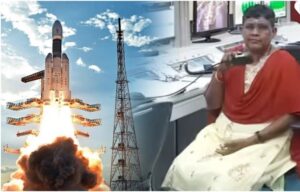
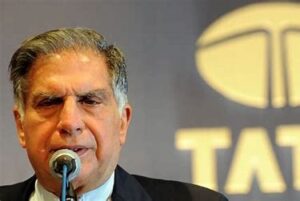
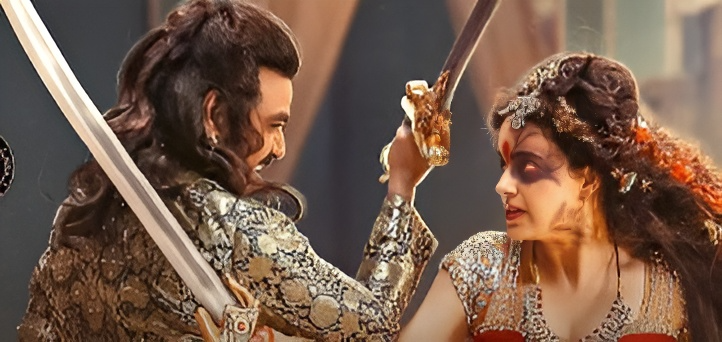
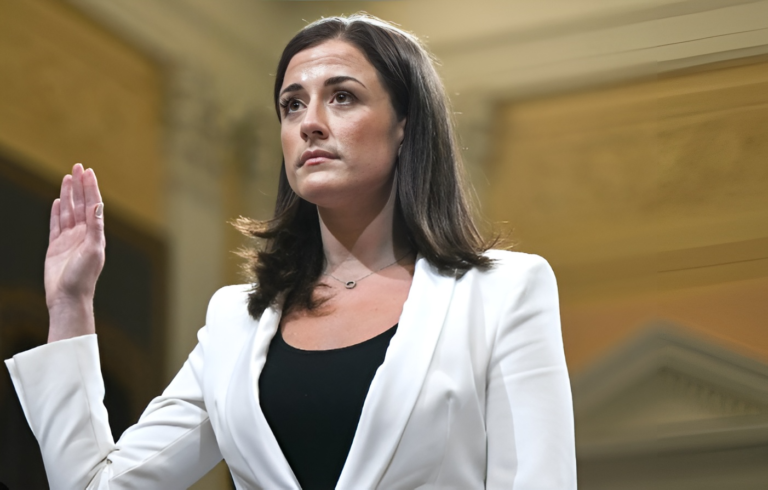

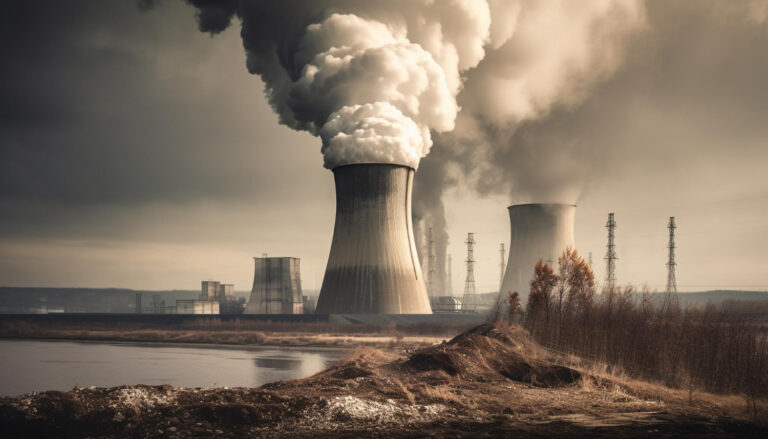
[…] […]
[…] Read more : PM Modi Defies Pakistan and China’s Objections at G20 Meetings, Addresses Russia-Ukraine W… […]